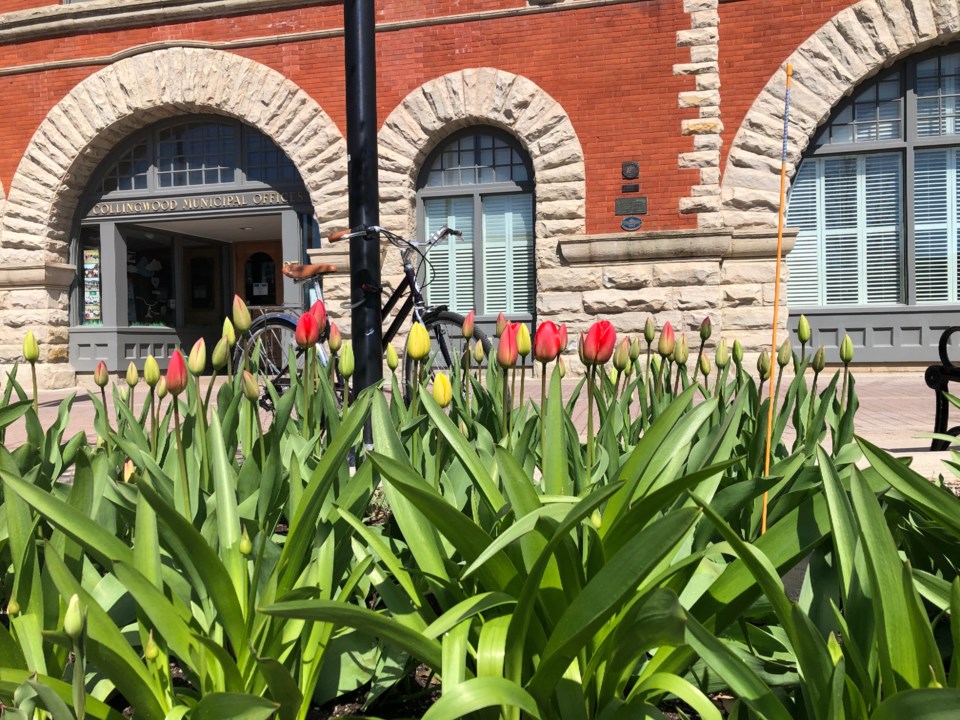The Collingwood departments with the greatest losses as a result of COVID-19 public health restrictions will likely be general government, transit, and recreation facilities.
Collingwood’s treasurer, Marjory Leonard, delivered an update to council during a Strategic Initiatives Committee meeting last week when she reported loss estimates per department.
She and her staff projected a $178,000 loss in general governance, largely due to a drop in interest rates. The treasurer estimates $150,000 less investment income as a result of the decreased interest rates.
“The next big hit you’ll see is transit,” said Leonard. “There have been probably about $118,000 in additional costs this year we weren’t planning on.”
In addition to increased costs for things like personal protective equipment and increased cleaning, there is also a projected loss of $155,446 from user fees not currently collected.
Leonard expects the town will also be installing plexiglass guards on busses to protect the drivers once the town starts collecting rider fees again.
Recreation facilities are expected to lose about $92,814 over three months, due to lost revenue from ice rentals, according to Leonard’s report.
In total, Leonard is projecting about $733,674 in losses to the town over three months due to the impacts of the pandemic.
However, she’s also predicting about $318,882 in savings due to shut downs. Leonard reported a potential $93,555 savings in the parks department, and most of that is salaries. The town has postponed seasonal hires, and has laid off part time staff from the recreation department (she noted a savings of $65,204 over three months due to those layoffs).
With the savings and a $27,000 COVID fund, the treasurer estimates a net cost to the town of $438,792 over three months.
Previously the treasurer told council the town’s burn rate is $36,500 per week, which represents net loss revenues.
That’s about two per cent of the town’s typical weekly expenditures (including capital costs) according to Leonard.
She said she and her staff will present an updated forecast in June to cover the whole year.
“This was a challenging exercise,” said Leonard, adding she had to refer to 2018 numbers for some trending patterns. “Everyday the situation changes… The accuracy does get better as we go along. We’re dealing in areas we’ve ever dealt in before. Every day is almost a new beginning.”
Leonard said staff will also bring forward ideas for how to fund the losses. A municipality is not allowed to budget a deficit. If one occurs, it must be the first cost paid through taxation the following year.
“There may be a small potential the $800,000 budgeted [in 2020] for the judicial inquiry might not be fully used,” said Leonard. She noted the first three months of 2020 saw the town spend $305,000 on the inquiry.
“It’s about $102,000 per month and hopefully it’s only going to be another month or two before we get that report,” said Leonard.
There is also a $1.75 million transfer to the lifecycle replacement reserve fund budgeted for 2020. Leonard said that amount could be reduced, but warned that particular reserve fund is “significantly under-funded” already, and a reduction would have an impact on the town’s asset management plan.
She also said it’s possible the town could make some service changes like cutting the grass at town parks every few weeks instead of every week.
“Residents may have to change their expectations to allow the town to manage the impact,” said Leonard. “Cost reductions would entail a lower level of service.”
